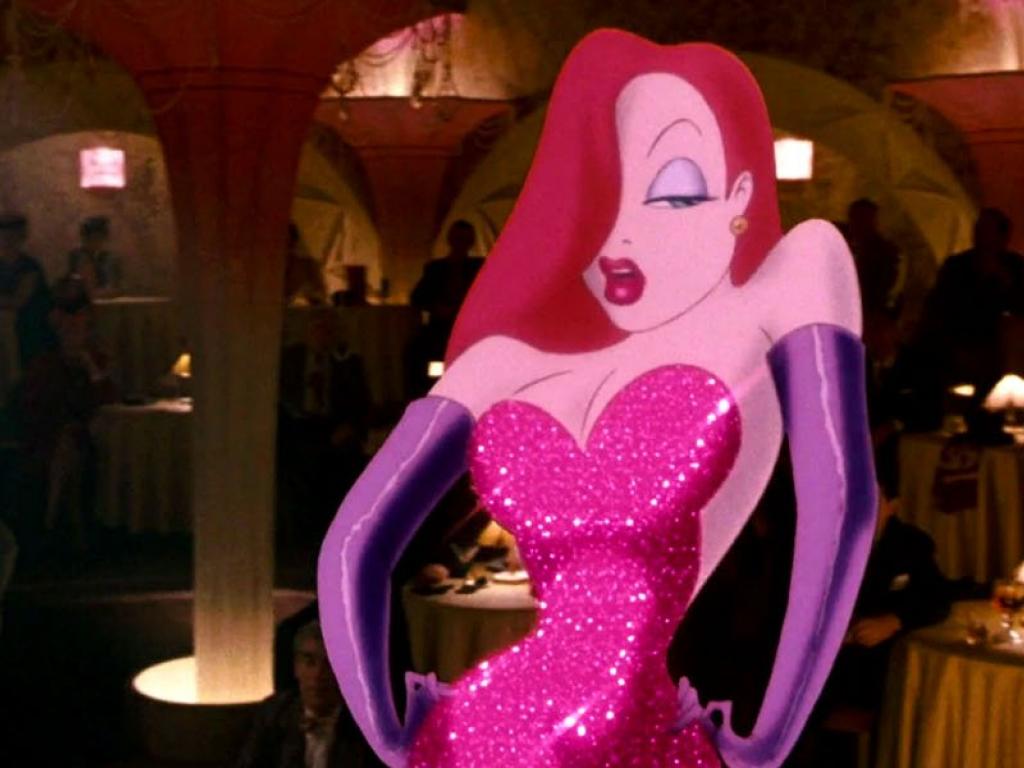IdleRich
IdleRich
Maigret starring Blackadder was on TV the other day and I quite enjoyed it. I've never read the novels and on looking them up I was surprised to learn that Simenon is one of the highest selling authors of all time. The very biggest I believe is Agatha Christie. With that it struck me how dominant the detective novel, film etc had become in the 20th Century. Holmes popped up towards the end of the 19th and I assume that that was when the idea of the genius detective was given form and the general rules of the genre were set in place.
Holmes, Father Brown, Poirot, Miss Marple, Maigret... those alone have racked up literally billions in book sales (translated into every language known to man), countless television hours and I don't know how many film adaptations. And they are just the most famous few; even if we count police procedurals as a very slightly different genre, it feels as though half of the TV shows and books that get made - certainly an enormous proportion of the culture that is created - are about detectives.
In fact detective stories are so standard that they are even used to anchor otherwise strange settings. For example Mieville's The City and The City was set in some bizarre world in which two cities were intertwined throughout the same space, yet at the same time utterly separated - a headscratcher to get to grips with, but luckily the story itself was the familiar tale of a mysteriously dead girl dumped in some wasteland, the reader could orient themselves by that.
Similarly there was a alternative history thing a while back set in a Nazi occupied UK. And how did the programme explore the consequences of German victory in the war? They had the toothless members of occupied Britain's police force try and solve a series of murders of course.
Not bad going for a genre that barely existed before Holmes (yes there is the Murders in the Rue Morgue and I seem to remember reading an earlier one by Hoffman that some claim is the first of the genre but I don't think the world really sat up and took notice until Arthur Conan-Doyle). From almost nowhere then to being utterly dominant in the 20th century - and showing no signs of letting up.
So, why did detective stories suddenly become so popular? Was it just a 20th century thing that will fade away as we go forwards, or will they keep on being made until we simply have two choices - detective story or Marvel*? And... as a rule, are they any good? Do any escape and transcend the shackles of genre fiction to become something more or is that impossible? Or, conversely, am I being snobby talking about genre fiction? Should whodunnits be taken more seriously?
Teach me about detectives in short, the what and the why and everything else.
*Is there a superhero called Detective Man or Sleuth Girl or something? If not then someone should create it and they will be guaranteed to becone a billionaire and completely dominate the entirety of culture for ever onwards... aaaargh it doesn't bear thinking of...
Holmes, Father Brown, Poirot, Miss Marple, Maigret... those alone have racked up literally billions in book sales (translated into every language known to man), countless television hours and I don't know how many film adaptations. And they are just the most famous few; even if we count police procedurals as a very slightly different genre, it feels as though half of the TV shows and books that get made - certainly an enormous proportion of the culture that is created - are about detectives.
In fact detective stories are so standard that they are even used to anchor otherwise strange settings. For example Mieville's The City and The City was set in some bizarre world in which two cities were intertwined throughout the same space, yet at the same time utterly separated - a headscratcher to get to grips with, but luckily the story itself was the familiar tale of a mysteriously dead girl dumped in some wasteland, the reader could orient themselves by that.
Similarly there was a alternative history thing a while back set in a Nazi occupied UK. And how did the programme explore the consequences of German victory in the war? They had the toothless members of occupied Britain's police force try and solve a series of murders of course.
Not bad going for a genre that barely existed before Holmes (yes there is the Murders in the Rue Morgue and I seem to remember reading an earlier one by Hoffman that some claim is the first of the genre but I don't think the world really sat up and took notice until Arthur Conan-Doyle). From almost nowhere then to being utterly dominant in the 20th century - and showing no signs of letting up.
So, why did detective stories suddenly become so popular? Was it just a 20th century thing that will fade away as we go forwards, or will they keep on being made until we simply have two choices - detective story or Marvel*? And... as a rule, are they any good? Do any escape and transcend the shackles of genre fiction to become something more or is that impossible? Or, conversely, am I being snobby talking about genre fiction? Should whodunnits be taken more seriously?
Teach me about detectives in short, the what and the why and everything else.
*Is there a superhero called Detective Man or Sleuth Girl or something? If not then someone should create it and they will be guaranteed to becone a billionaire and completely dominate the entirety of culture for ever onwards... aaaargh it doesn't bear thinking of...
Last edited:

